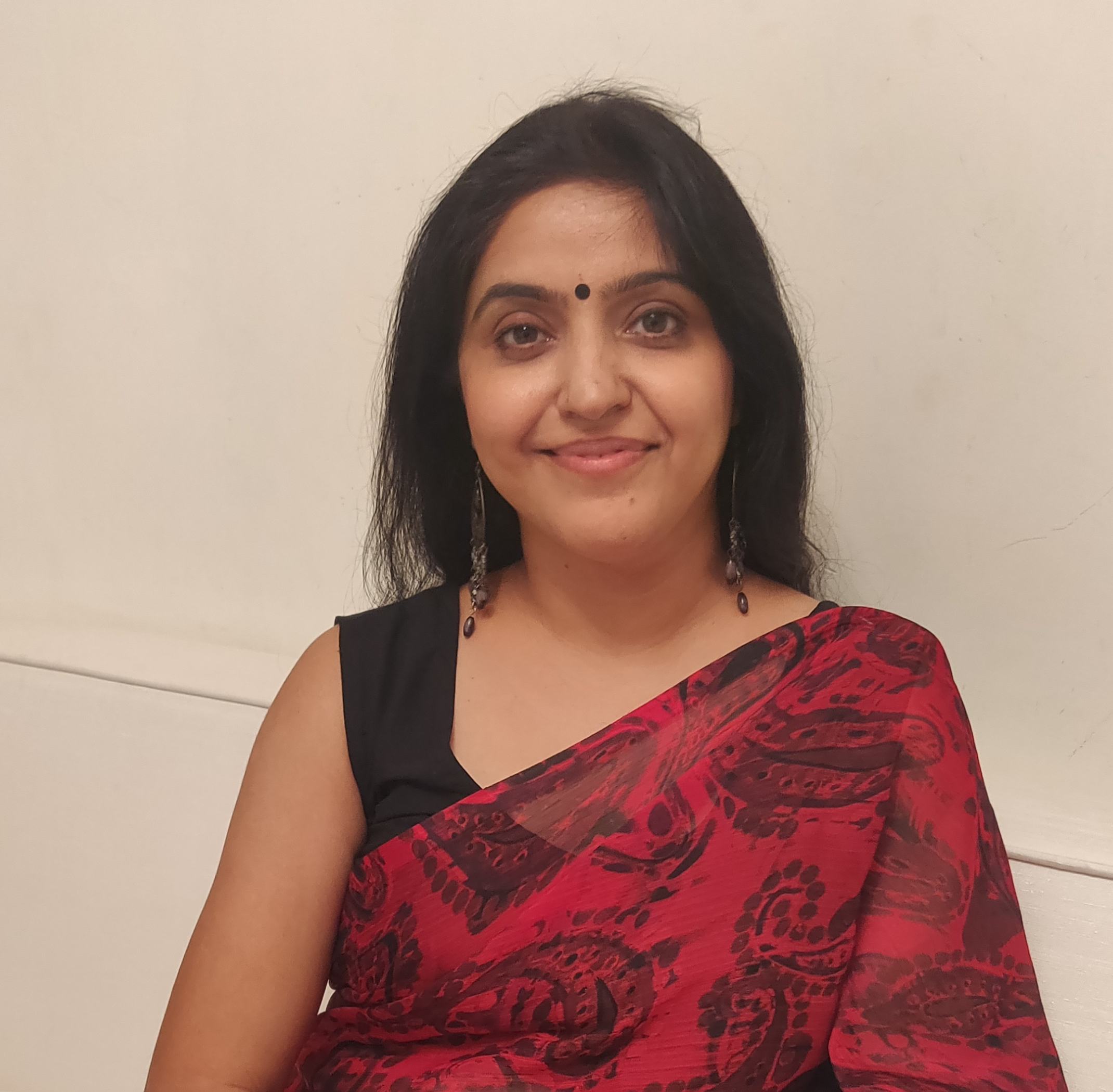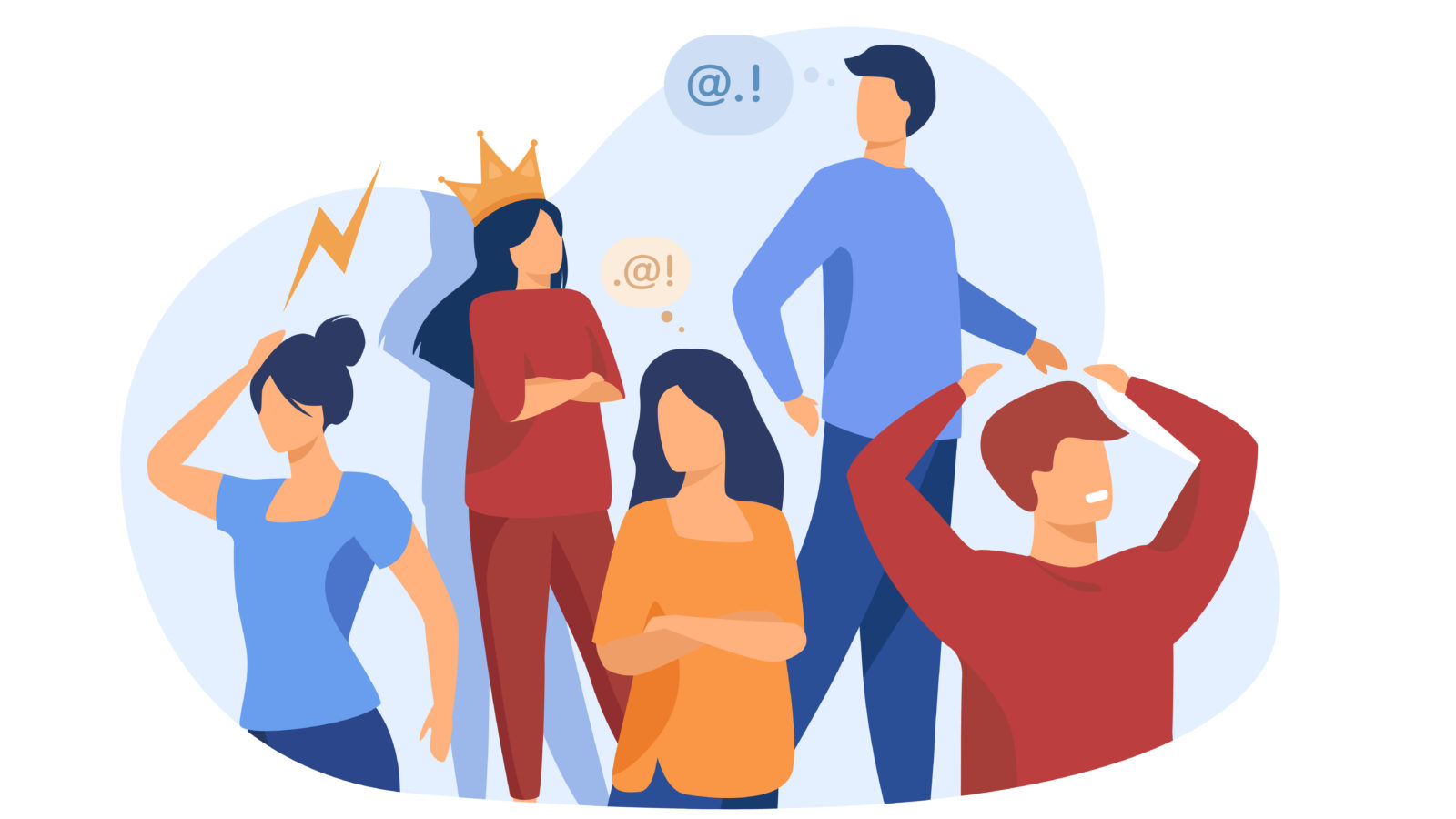Conflict is inevitable; and managing it right is the key! Most of the people tend to give themselves into their conflicting emotions and thoughts and there are few who learn to understand their emotions and thoughts intelligently and find a solution that works for them. And that’s called being emotionally intelligent.
Whether you are emotionally intelligent or not, you can’t avoid conflicts wherever you go. But what these conflicts do to you is all based on how you manage them. And while the world is struggling through a global crisis at the moment and everything seems to have come to a halt with people confined to their homes under lockdown, why not use this time to understand ourselves a little better and to help ourselves be more aware and skillful of managing our conflicts efficiently.
There is a higher scope during this confined situation that has made us all move from our comfort zones, and put us into an environment that’s different than what we were used to, to get into conflicting mindsets. Think about working professionals whose daily schedule included travelling, meeting so many people and a variety of activities but are now confined in their homes with a complete change in the environment and schedule. Fears and challenges around job insecurities, falling economy, delivery expectations, getting work done by the teams, maintaining excellent understanding with seniors and managing the opinions and disagreements–and everything to be managed virtually. Moreover, expectations from family members while being at home 24X7.
Think about homemakers whose work load suddenly increased, having family members at home 24X7 with their increased demand of attention and service, with almost zero me-time.
Think about school- or college-going children having a variety of schedules in their timetable for the day are now homebound with no outdoor activities and parents controlling and watching over them all the time. No scope to exercise their high energies and feeling confined and suppressed.
Imagine the scope of conflicting situations between people that may arise while everyone is struggling within themselves because of the sudden unexpected changes in life patterns that didn’t give anyone any time to prepare for.
And if not the COVID-19 lockdown time, life otherwise also keeps testing us through different situations where we are bound to cope with new circumstances, people, situations, emotions and thoughts. So it is vital that we have good self awareness and the right skills to manage conflicting situations.
While this global crisis has also come with some pros of providing quality time with families and loved ones, it has also come with an opportunity to learn to cope with a different way of life without too many options of people and engagements, that can be frustrating at some point in time. And what happens then is a conflict because it catches us unaware and our behaviours happen naturally, without us being thoughtful at that moment, thus we tend to react than respond.
That in turn leads to frustrations, guilt, sadness, regrets and other negative feelings. Let’s now take some time off to understand and use these moments to learn something about ourselves so we are in control of how we want to respond to situations and people because you can’t bring a change by changing others. No one can change anyone, so it’s a lost battle anyway. The change in the world around you comes when you change in a way that drives an experience that you want. And that happens when you have clarity, control and consistent practise.
Important thing to remember is that it will not change overnight. It takes time and consistent conscious effort.
What is conflict?
Conflict is an experience of strong opposing views, emotions, beliefs, arguments or thoughts. Conflict can both be internal as well as external. Internal conflicts are driven through our own thought patterns, destructive emotions like fear, anger, insecurities, behaviour patterns and limiting beliefs. External conflicts on the other hand are driven by people, circumstances, actions, and words.
However, both types of conflicts lead to an emotional hijack and one is forced into certain actions/reactions which are not by a thoughtful choice and that further leads to regrets.
How to be emotionally intelligent when in conflict?
The most vital part is being self aware and then being self regulated. Fundamentally, one must have the intent to take ownership and improvise, only then does this work, or else the ego and self defence limits you from bringing about any change. One is also required to be utmost honest and objective with oneself.
How do we get self aware?
Self awareness is the ability to be conscious about your emotions, thoughts, behaviour patterns, events that trigger a predictable reaction so that you are able to choose your response that is thoughtful and not impulsive. When you are self aware, you are in control of yourself and your actions. It is about looking through your behaviours and understanding the thoughts and emotions which led to it.
Here are some ways to attain this:
1. Maintain a daily journal: Note down (a) the situation, (b) your reactions, (c) your triggers, (d) your body responses, (e) how you felt about it, and (f) what did it do to you (result). Observe closely and repeatedly, especially during the conflicting situations and express yourself in your journal every day. This will help you identify a pattern if at all it is there, how your body responds before your actions that gives you a window to be immediately conscious of your predictable reaction and control it.
2. Ask yourself these questions and be honest in answering them in your journal.
* What did you say/do that you regret?
* What were the options that you had and what got in your way to make a thoughtful choice?
* Are there any commonalities of the incidence and your reactions from your previous situations? What patterns do you find?
* What impact has it had on you or on your life?
* Was there a better way that you could have managed yourself or the situation?
To be emotionally intelligent in terms of conflicts, it is equally important to understand and empathise with the other person’s emotions to have better clarity of perspectives and be in better control of the situation to find a win-win outcome.
Add these to your journal exercise:
- What was the conflict or argument about?
- What view did you assert & what made it right from your perspective?
- What view did the other person assert & what made it wrong from your perspective?
- Do you really believe that you were 100% right? Or you had a need to win?
- How differently could the situation be handled from your end?
- What did you learn about yourself through this incident?
Practising the journal exercise regularly will give you better awareness about yourself in situations that will help you gain control over your thoughts and actions for future. Being self aware is half the battle won, however, the other aspects about self regulation, finding a strong WHY for yourself to change and being aware of other’s emotions as well, are equally important to learn to manage conflicting situations better.


